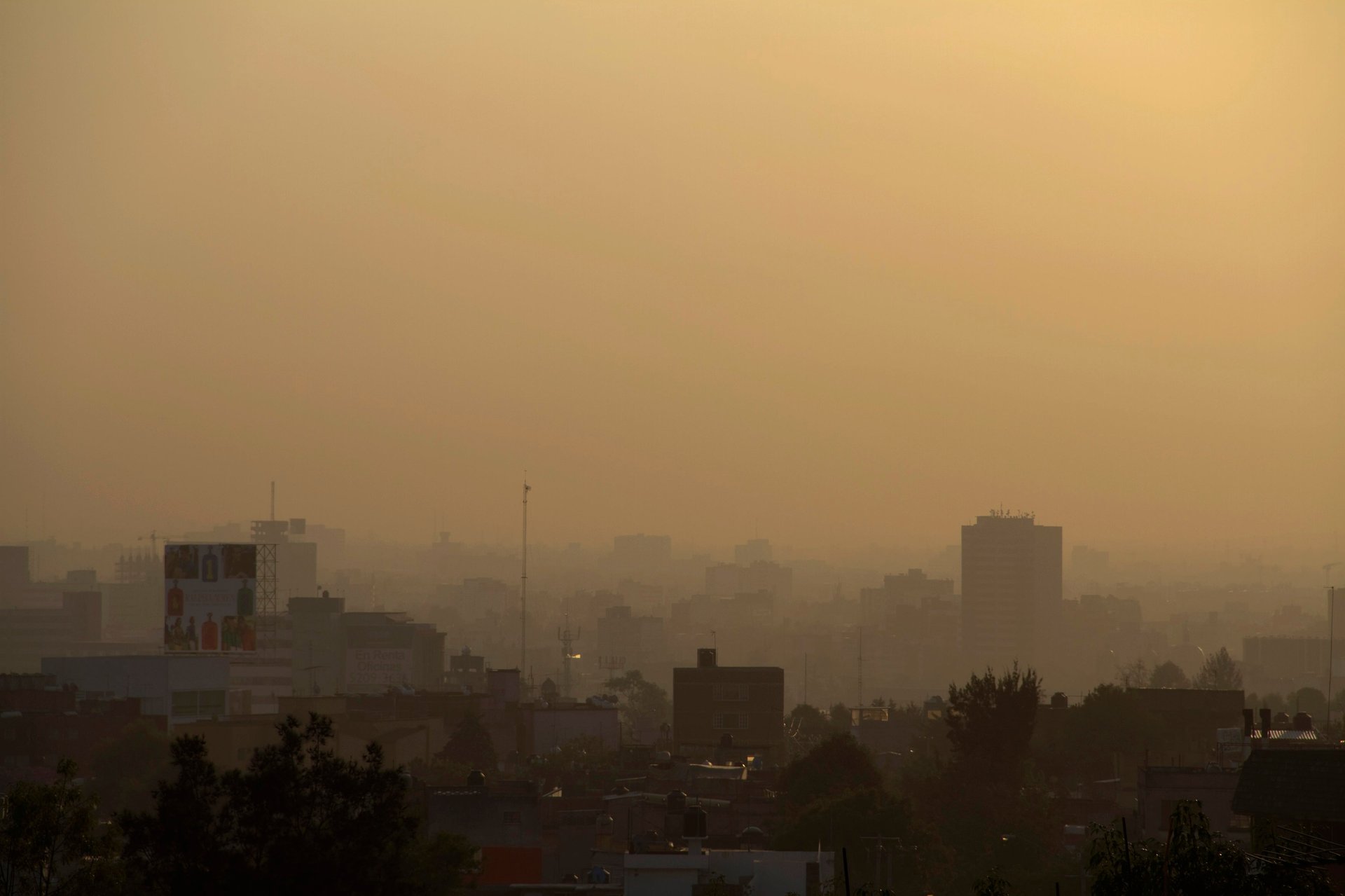Cities are prohibiting cars to clean up the air—but a study of Mexico City suggests it may not work
Strict rules against vehicle use in Mexico City have helped the city shed its title of most polluted city, a dishonor the United Nations bestowed on the sprawling Mexican capital in 1992.


Strict rules against vehicle use in Mexico City have helped the city shed its title of most polluted city, a dishonor the United Nations bestowed on the sprawling Mexican capital in 1992.
But newer measures aren’t helping dent pollution levels in the fast-growing city that’s home to more than 20 million people, a new study has found.
In 2008, Mexico City expanded its Hoy No Circula program in which residents had to keep their cars off the street one weekday each week, determined by the last numeral in their license plates, to include restrictions to Saturdays. That was supposed to reduce air pollution by around 15%, but a new study published on Feb. 2 in Scientific Reports found “little evidence that the program expansion improved air quality.”
One reason could be that residents found ways around the ban. “Rather than switching to public transportation or staying at home, the evidence suggests that drivers instead respond to the Saturday restrictions getting rides from other drivers,” said Lucas Davis, an associate professor at the University of California, Berkeley, who led the study.
While Mexico City may be a specific case—it is surrounded by mountains, a geography that challenges its efforts to curb pollution—the study hints that drivers who insist on travelling by car could bode poorly for other countries that are trying to limit air pollution through similar programs.
Mexico City, Paris, Madrid, and Athens have vowed to ban diesel vehicles to cut down on pollution. Beijing and New Delhi have also tried to limit cars on the road with an odd-even license-plate restriction, and Oslo is offering residents $1,200 toward electric cargo bikes.
The consequences if they aren’t able to get this right are severe. Three million people a year die from causes linked to air pollution, according to the World Health Organization. Last year, the UN agency warned that 80% of the people that live in urban areas that monitor air pollution are subjected to air quality levels that are below UN standards.